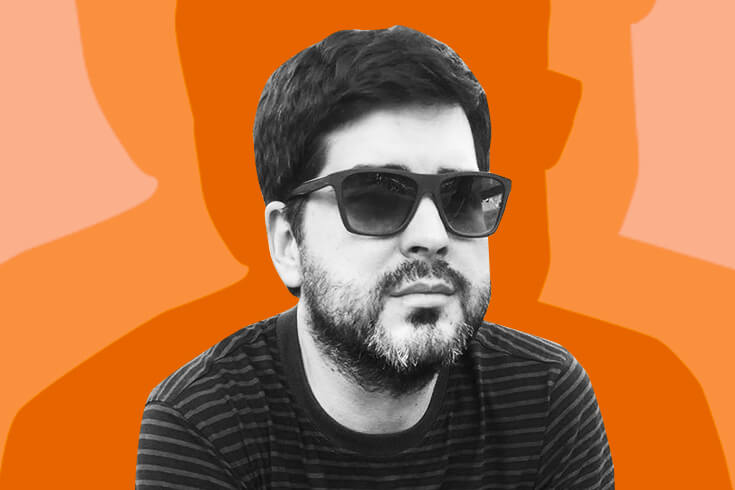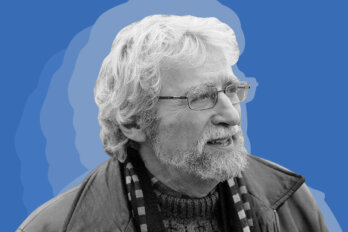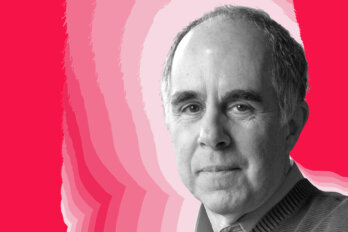1. Philip the Arab
When Gordian III asked to remain emperor,
the army booed and hissed.
So he offered to share his power
and the army clanked their spears.
He consented to the rank of Caesar.
But the army refused him.
Could he act then as prefect?
No. They declined outright.
Finally, he pleaded for his life.
Philip the Arab, silent till that moment,
considered letting him live.
He thought of Gordian’s innocence,
the sympathy the innocent engender,
the riots that sympathy sets in motion,
the half-finished, the order
he was about to give.
2. Valerian
Yes, yes, the Persian monarch Sapor,
mounting his horse, said to
his allies—they who feared the armies
of Rome—as he steadied his right foot
on Valerian’s neck and looked
up through the stars.
3. Zenobia
All that remains of Zenobia’s past life
is in ruins: her reign, her studies
of art and literature and history,
the great minds who informed her thinking
when Palmyra took the world stage.
On trial before the Emperor Aurelian,
she lost her nerve, and implicated, among others,
the sublime Longinus in crimes
against Rome. He was put to death.
And Zenobia? Sometimes not even
death will leave us sure of an ending.
4. Probus
In the market, Probus
stopped to sample a bit
of cheese, a bit of fish,
and then continued walking
towards the circus, where he’d
ordered transplanted a forest
of five thousand trees filled
with a thousand ostrich,
a thousand stag,
a thousand fallow deer,
a thousand wild boar.
Tomorrow, he would
massacre one hundred
lions and lionesses, two
hundred leopards, and three
hundred bears. For today,
cheese and fish were enough
to mask the smell.
5. Carus, Struck by Lightning AD 283
Aged, feeble Carus during
the stormy night called for his mother,
droned, reeled, balked, barked
at the tent poles and servants.
Feverish now, when young, he was a tent
pole, a severe and simple man,
as Gibbon wrote, a soldier,
satisfied with stale bacon
and stone-hard peas. He passed.
We set the imperial pavilion
on fire, suggested it was lightning,
an act of god. Wrong,
I know, though not exactly wrong.
6. Diocletian
Diocletian, having resigned the world,
died where he was born.
For his last nine years, he planted
cabbage with his own hands
at Salona. The arts, he said to friends,
often, over dinner, are equally difficult,
but reigning is the most difficult art.
We might like to disagree,
but he lived in an era
when the poets kept silent.





